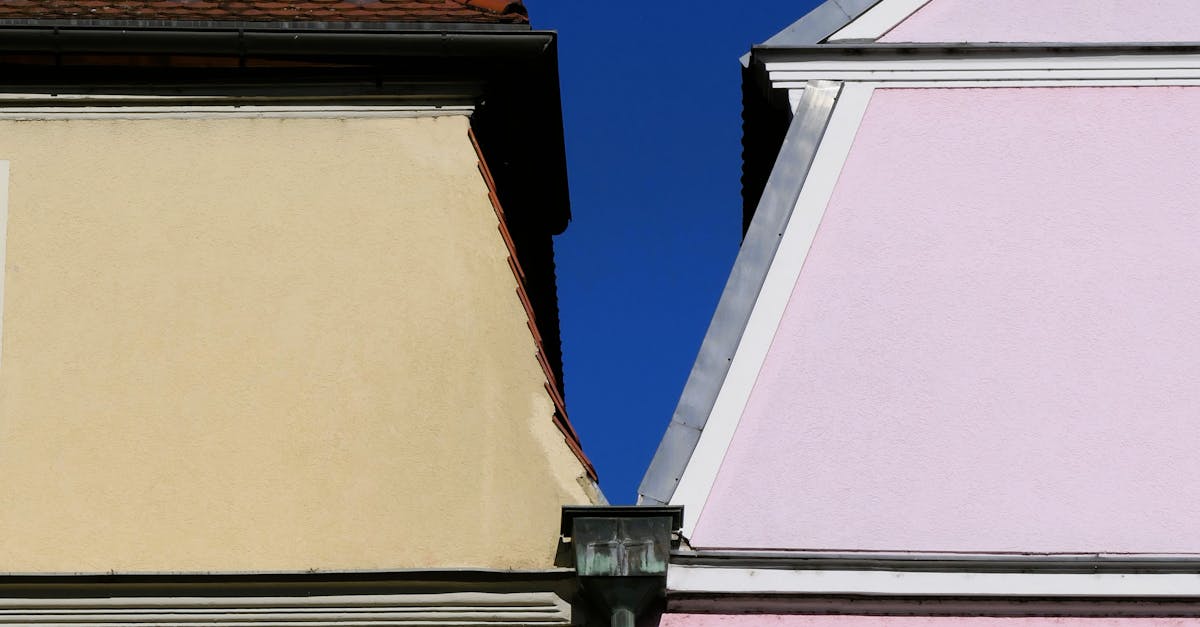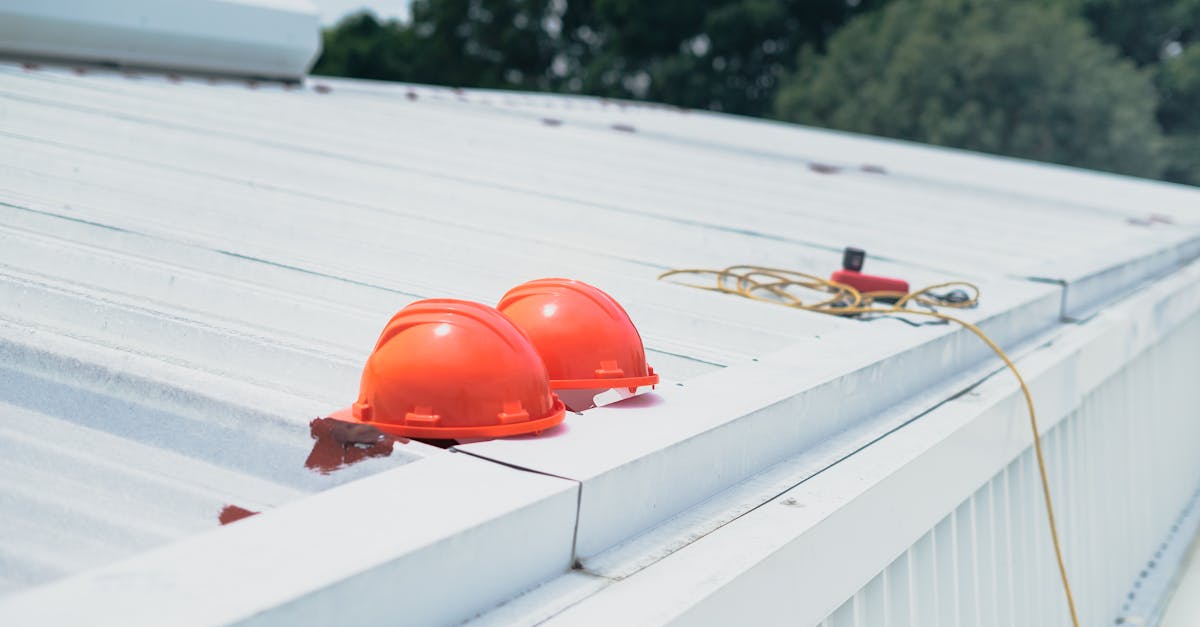
Sealing and Testing the Gutters
Sealing is a crucial step in the gutter replacement process. Once the new gutters are installed, it is essential to apply sealant to prevent any potential leaks. By carefully sealing all joints and connections, you can ensure that your gutters function efficiently and effectively. Make sure to allow the sealant to dry completely before testing the gutters for any signs of leakage or improper drainage. It is recommended to perform a thorough inspection to address any issues before they escalate. If you are unsure about the sealing process, it may be beneficial to consult a professional service like Gutter Replacement Georgia for guidance and assistance.
Testing the gutters is a necessary step to confirm that the installation and sealing have been done correctly. To test the gutters, run water through them and observe their performance. Pay close attention to any leaks, drips, or irregular water flow. Testing the gutters allows you to identify and address any potential problems before they lead to more significant issues. If you notice any leaks or inadequate drainage during testing, it is crucial to address these issues promptly. Contacting a reputable service like Gutter Replacement Georgia can provide you with the expertise needed to resolve any gutter-related concerns effectively.
Applying Sealant to Prevent Leaks
Applying sealant to prevent leaks in your gutters is a crucial step in maintaining their functionality and prolonging their lifespan. Before beginning the sealing process, thoroughly clean the gutters to remove any debris or blockages that could hinder the effectiveness of the sealant. Once cleaned, ensure that the gutters are completely dry before applying the sealant. Gutter Replacement Georgia services recommend using a high-quality, waterproof sealant that is specifically designed for gutters to effectively seal any potential leaks or cracks.
It is essential to apply the sealant evenly along the seams and joints of the gutters to create a watertight barrier. Be sure to follow the manufacturer's instructions for the proper application of the sealant and allow an adequate amount of time for it to dry completely. Regularly inspect the sealed areas for any signs of wear or damage, and reapply sealant as needed to maintain the integrity of your gutters. By taking these proactive measures, you can prevent leaks and ensure that your gutters remain in optimal condition for years to come.
Performing Routine Maintenance
Performing routine maintenance on your gutters is crucial to ensure they function properly and protect your home from water damage. Regular upkeep can help prevent clogs, leaks, and other issues that may arise over time. When it comes to maintaining your gutters, one important step is to regularly clean out debris such as leaves, twigs, and dirt. Use a sturdy ladder and gloves to safely remove any obstructions that could impede the flow of water.
Additionally, inspect your gutters for any signs of damage, such as rust, corrosion, or sagging. Addressing these issues promptly can prevent further damage and extend the lifespan of your gutters. Consider hiring professionals for more complex maintenance tasks or to assess the need for Gutter Replacement in Alpharetta, Georgia if your gutters are beyond repair. Regular maintenance is key to keeping your gutters in top condition and protecting your home from potential water damage.
Tips for Extending the Lifespan of Your Gutters
To ensure the longevity of your gutters, regular maintenance is key. Keeping your gutters clean and free of debris will prevent clogs and ensure water can flow freely. Consider installing gutter guards to help minimize the buildup of leaves, twigs, and other obstructions that can impede water flow. Additionally, inspect your gutters at least twice a year to look for any signs of damage or leaks. Addressing issues promptly can prevent them from worsening over time. Remember, proactive maintenance can save you from costly repairs or Gutter Replacement Alpharetta, Georgia in the future.
Another way to extend the lifespan of your gutters is by ensuring proper water drainage. Make sure your downspouts are directing water away from your home's foundation to prevent water damage. Consider adding extensions to your downspouts if necessary to ensure water flows at least 3-4 feet away from your house. Additionally, ensure that your gutters are securely attached to your home to prevent sagging or misalignment, which can lead to water pooling and potential damage. By following these simple tips, you can help maintain the integrity of your gutters and avoid the need for Gutter Replacement Alpharetta, Georgia.
Troubleshooting Common Issues
When encountering issues with your gutters, it is essential to address them promptly to prevent further damage to your home. If you reside in Gutter Replacement Georgia, you may encounter common problems such as leaks, clogs, or sagging gutters. It is crucial to identify the root cause of these issues to effectively troubleshoot and fix them. Leaks can often be caused by deteriorated sealant or damaged gutter sections. In such cases, applying a new sealant or replacing the affected portions may be necessary. For clogs, ensure to clear out any debris or obstructions to allow proper water flow through the gutters. Sagging gutters could indicate issues with the attachment to the house or the need for additional support brackets. Regular inspection and maintenance can help prevent these problems from escalating.
Identifying and Fixing Gutter Problems
When it comes to identifying and fixing gutter problems, timely action is crucial to prevent further damage to your home. Common gutter issues include clogs from debris buildup, sagging gutters due to improper installation or damage, leaks caused by cracks or gaps, and erosion around the foundation from poor drainage. By conducting regular visual inspections and addressing any problems promptly, you can avoid more extensive repairs down the road. Gutter Replacement Georgia specialists recommend looking out for signs such as overflowing gutters during rainfall, water stains on the exterior walls, or pools of water forming around the foundation.
If you notice any of the aforementioned issues with your gutters, it is essential to take the necessary steps to fix them promptly. For clogs, carefully remove debris using a hand trowel or a hose to unclog downspouts. Sagging gutters may require reattaching hangers or adjusting the slope for proper drainage. To address leaks, applying a waterproof sealant to the affected areas can help prevent further water damage. Finally, ensure that your gutters are securely attached to the fascia board to prevent them from detaching during heavy storms. By addressing these problems in a timely manner, you can maintain the integrity of your home's foundation and protect it from water damage.
FAQS
Can I replace my gutters myself?
Yes, you can replace your gutters yourself if you have the necessary tools, skills, and knowledge. However, it is important to ensure your safety and follow all guidelines and precautions.
What tools will I need to replace my gutters?
To replace your gutters, you will need tools such as a ladder, drill, screwdriver, hacksaw, tape measure, level, and safety equipment like gloves and safety goggles.
How do I know if my gutters need to be replaced?
You may need to replace your gutters if you notice rust, cracks, leaks, sagging, or if they are not effectively diverting water away from your home.
Are there any safety precautions I should take when replacing gutters?
Yes, when replacing gutters, always use a sturdy ladder, wear proper safety gear, have someone assist you if needed, and avoid working in hazardous weather conditions.
Can I save money by replacing my gutters myself?
While replacing gutters yourself can save you money on labor costs, it is important to consider your skill level and the complexity of the job. If you are unsure, it may be best to hire a professional to ensure the job is done correctly.


